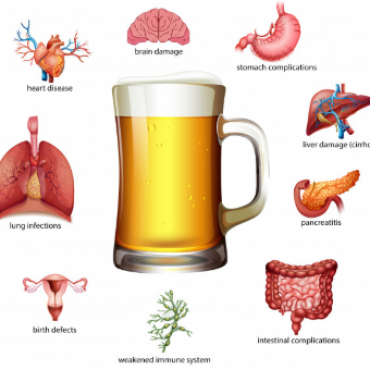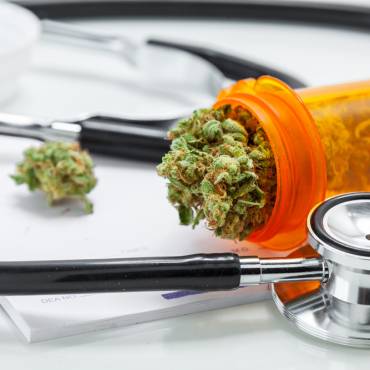Alcohol addiction can be hard to identify. If you or your loved ones are struggling with alcohol addiction, this webpage outlines the warning signs, causes, and treatment of alcohol addiction.
Alcohol abuse is one of the most prevalent conditions all over the world. According to the facts, around 33 million Americans are addicted to alcohol. Because alcohol is legal almost everywhere is possibly the reason why its abuse is so prevalent.
Alcohol abuse is so dangerous; hence it is important to know both the signs and symptoms of alcoholism. There are different signs to help detect alcohol abuse. Some are easily identified while others are difficult to recognize. Moreover, the signs and symptoms of alcoholism vary depending on the amount and frequency of consumption. Some people drink in private which make it challenging for their family and friends to identify the severity of alcohol abuse and help their loved ones. Minor alcohol abused can be easily ignored. However, what may appear as a mild can later turn into a serious problem over time. Therefore, even the mildest signs of alcohol abuse should not be ignored. Taking immediate treatment will allow you to get things under control.
Signs of Alcohol Abuse
If overlooked or left untreated, alcohol abuse could not be controlled quickly. Alcohol abuse slowly affects an individual’s life and cause harm; it is also referred to as alcohol use disorder (AUD). Identifying the warning signs and getting appropriate treatment make you recover as soon as possible.
Those who consume alcohol may begin to show early signs of the problem than the symptoms progress to alcohol abuse. If excessive drinking continues, you may show signs of alcoholism.
The common physical, psychological, and behavioral symptoms of alcohol abuse are:
- Experiencing temporary blackouts while drinking
- Exhibiting signs of Short-term memory loss
- Slurred speech
- Poor coordination
- Wanting to quit alcohol, but not able to do so
- Impaired thinking
- Diverting mind from work, family and social life in order to drink
- Choosing alcohol consumption over responsibilities
- Drinking in private, or becoming isolated
- Making excuses for drinking to deal with stress or to feel relaxed
- Becoming distressed for not having access to alcohol.
No matter how minor an alcohol problem may seem, these signs should not be overlooked. If you or your loved one is struggling with alcoholism, seek immediate medical help. Several medications for alcoholism are available, your health care specialist will prescribe you medicines to stop drinking only after analyzing how mild or severe are your alcoholism symptoms.
Also Read: Influence of Alcohol Memories
Treating Alcoholism
Achieving control over alcohol abuse should be completed under the supervision of medical professionals. Those who attempt to self-treat may cause more harm than good. The detox phase can create extremely uncomfortable withdrawal symptoms which should be treated under a rehab program. When a person who drinks regularly significantly reduce the amount of intake or stop drinking, withdrawal symptoms will appear. Such symptoms begin to appear as soon as after the last drink, and these symptoms continue for 5 to 7 days. Withdrawal symptoms may include anxiety, shaking, sweating, and the strong desire to drink. Other severe withdrawal symptoms include fever, confusion, and rapid heartbeat. Note that some withdrawal symptoms can be life-threatening. Therefore, alcohol or alcoholism treatment should occur under the supervision of a health care expert.
Joining a recovery program with the help of a health care specialist will offer you the chance of quitting alcohol. Treatment specialists guide you through the process and help you achieve the goals with the help of medications for alcoholism.



